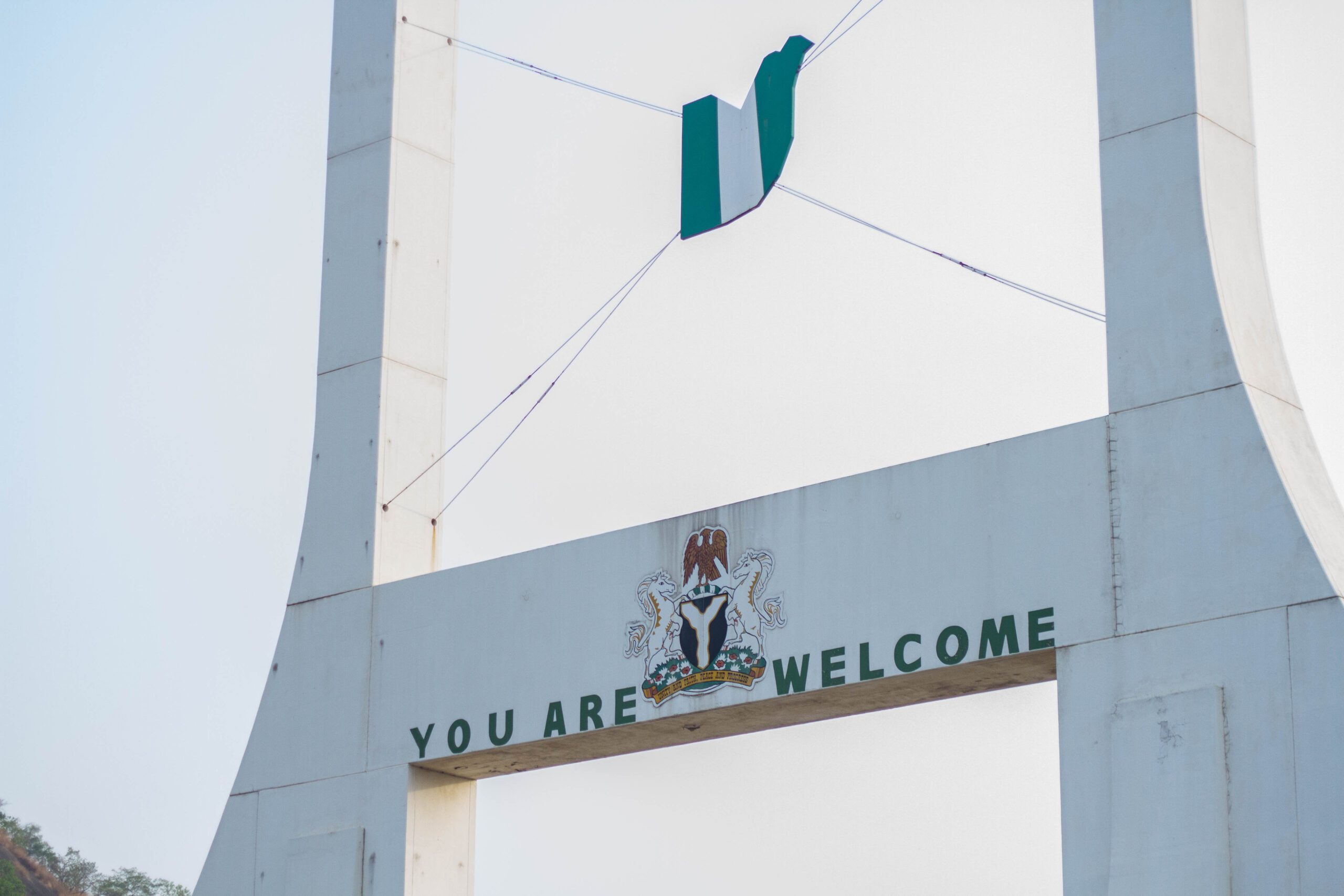On February 15, 2024, the National Bureau of Statistics (NBS) reported that inflation in Nigeria had soared to 29.90 percent in January 2024. According to the World Bank, inflation had pushed an estimated 24 million Nigerians into poverty within five years. This surge compounds an existing economic crisis, with about 133 million Nigerians classified as multidimensionally poor. Hence, inflation jeopardizes fundamental human rights like the right to food, education, and work. These effects highlight the necessity for the Central Bank of Nigeria (CBN) to review its monetary policies. It also emphasizes the need for public institutions at all governmental levels to tackle the root causes of inflation in the country.
In the past, the CBN struggled with significant challenges in credit control and money supply management. The current CBN governor, Yemi Cardoso, is already trying to address this by pausing interventionist financing and Ways and Means Advances (WMA). These two financing methods are considered major inflation drivers. The WMA is a means through which the CBN lends money to the federal government, leading to concerns around legal limits and fiscal prudence. In addition to these efforts from the CBN, the federal government needs to rely less on inflationary financing. Instead, it should seek alternative financing from an enhanced tax system, a thriving oil sector, and low-interest loans.
To read more, check the full article on Ventures Africa.
Photo by Iamdavidrotimi via Iwaria.

